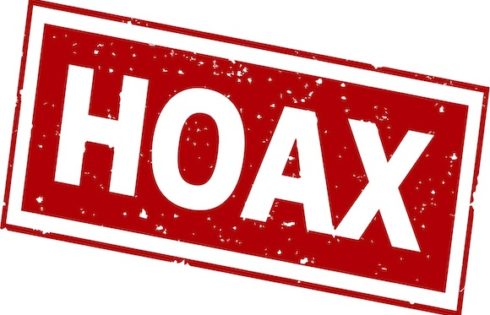 in support of New Hampshire House Bill 176There are many different rationales being offered. The bill currently being touted by state House Speaker William O’Brien and Representative Gregory Sorg redefines voting domiciles for college students and some members of the military, effectively disenfranchising them in the state. For all of the lines of reasoning associated with the bill, surprisingly few hold up to apolitical scrutiny.
in support of New Hampshire House Bill 176There are many different rationales being offered. The bill currently being touted by state House Speaker William O’Brien and Representative Gregory Sorg redefines voting domiciles for college students and some members of the military, effectively disenfranchising them in the state. For all of the lines of reasoning associated with the bill, surprisingly few hold up to apolitical scrutiny.
One one hand, Speaker O’Brien has refuted the claim that the bill is directed against any particular group, promoting it as a means to combat voter fraud. On the other hand, a speech given by the representative paints an entirely different picture of his intentions.
In that speech delivered to Tea Party members in Rochester, NH, O’Brien made his ulterior motive exceedingly clear: the disenchantment of young, college aged voters because of a “foolish” tendency to “just vote their feelings” by supporting the left in large majority.
While Speaker O’Brien’s sabotage of the youth vote would most certainly help the Republican Party, it not only paints a disturbing picture of state Republicans as conniving and desperate, but moreover acts as a deterrent to thousands of well educated, intelligent students with the potential to become informed and active voters.
Speaking from experience, it wasn’t until college that I took an interest in politics, an interest that would surely be diminished if I were prohibited from voting in New Hampshire. I have most certainly been influenced in my development as a moderate libertarian by the character and diversity of New Hampshire politics and as such I appreciate and value my ability to cast my votes where they matter rather than wasting them in the more-or-less politically stagnant New York where I grew up. How can one expect new voters to get involved if their state sets up roadblocks to becoming politically active?
O’Brien’s position is disappointing. Aside from the fact that his actions reveal an obvious political attack on a vulnerable demographic that traditionally sides with his opponent, it is a shame that he is trying to legitimize said ploy by disguising it as a preventative measure against unsubstantiated claims of voter fraud- claims that have been refuted by multiple studies.
In response to O’Brien’s contention that young voters undermine the voting power of tax-paying citizens in local elections, I can comfortably say that college students are largely unconcerned with local government and are significantly more interested and involved in federal elections, a sentiment echoed by the president of the University of New Hampshire College Republicans, who told a school newspaper that “there is usually very little interest in voting in the state-wide elections” and that “ there is hardly any involvement in the local elections.”
On a pragmatic note, it seems reasonable to assume that the potential 10-year prison sentence and $10,000 fine that serve as penalty for the easily traceable violation of federal law act as deterrent enough to keep college students from participating in voter fraud, especially if they are as naive and incompetent as William O’Brien would have one believe or as apathetic towards local elections as I know the majority to be.
Moreover, House Bill 176 is also debatably unconstitutional, as detailed in testimony released by the NYU Law School Brennan Center for Justice, a non-partisan public policy organization. The bill may also be in discord with “Newburger v. Peterson,” a 1972 New Hampshire court case ruling that said a student’s voter status cannot be dependent on his or her intent to stay in the state. In the same case the court also rejected the need for a student to vote in their hometown or by absentee, a plan explicitly advocated by Representative Sorg, sponsor of the bill, who according to an article from The Dartmouth, “said he had not read the Newberger v. Peterson case and did not ‘care’ for it.”
House Bill 176 strikes me as a cheap ploy by members of the New Hampshire Republican Party to combat the largely Democratic base of student voters. These politicians have found opposition in students at a number of New Hampshire colleges and universities from Democrats and Republicans alike who are angered at what is seen by many as an attempt to undermine the rights guaranteed to all American citizens under the 14th Amendment of the constitution. These politicians would do well to pursue other means by which to influence the youth vote rather than following an avenue that could lead to political ignorance and disinterest in some of the state’s most intelligent and proactive citizens.
Like The College Fix on Facebook / Follow us on Twitter




Please join the conversation about our stories on Facebook, Twitter, Instagram, Reddit, MeWe, Rumble, Gab, Minds and Gettr.